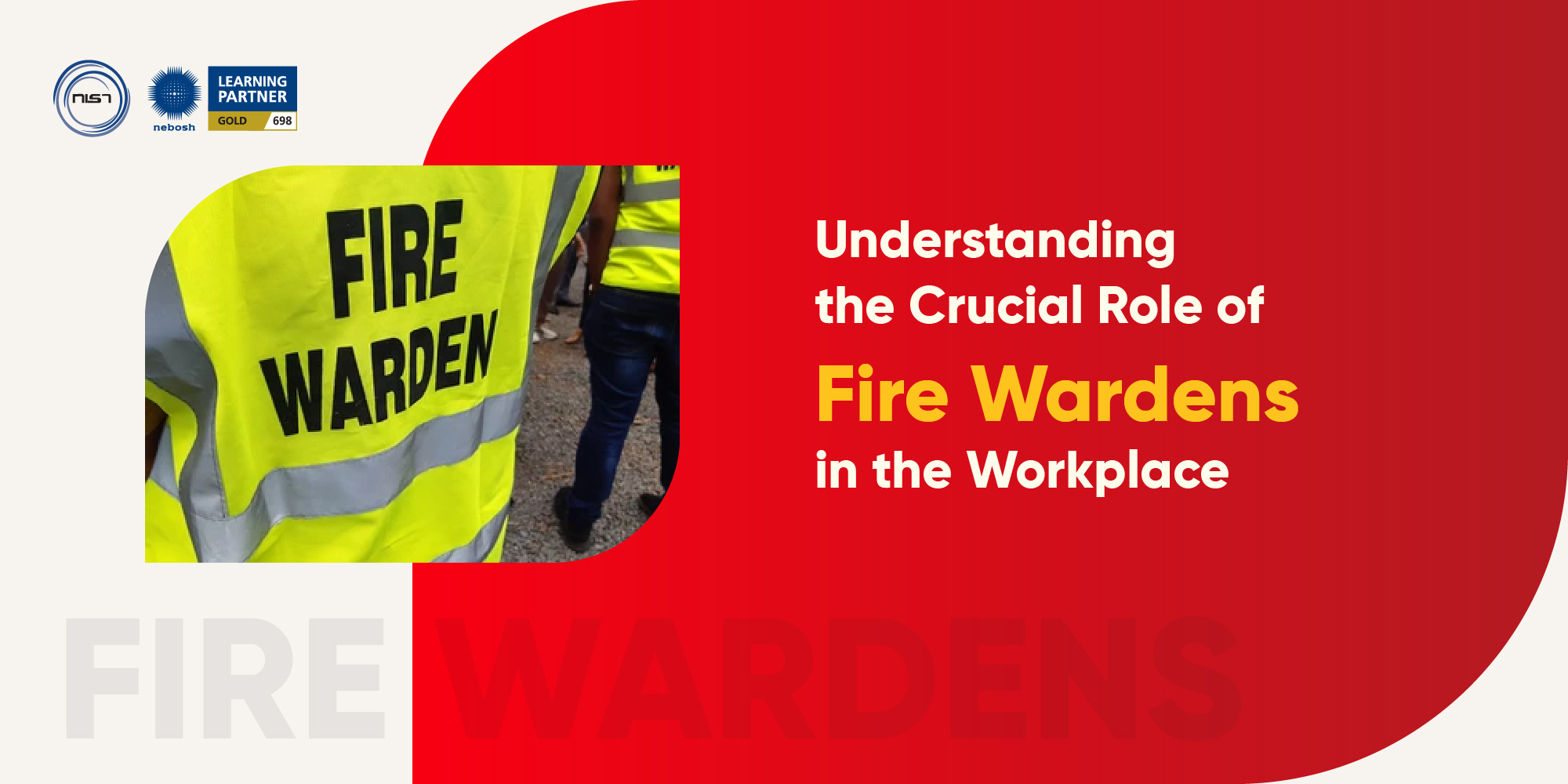Mastering Fire Safety Compliance: Fire Brigade Readiness for Corporate Spaces
Mastering Fire Safety Compliance: Fire Brigade Readiness for Corporate Spaces
Blog Article
From fire alarms to evacuation plans, US offices must comply with strict regulations to minimize risk and meet insurance and legal standards.
Whether you manage a small office or a large corporate space, understanding fire safety protocols is essential to keeping everyone protected.
Read on to discover what training your team needs.
Why Every US Company Needs Fire Safety Protocols
Fires can happen anywhere, and offices are no exception.
Fire safety in the workplace protects more than just assets—it safeguards employees and visitors from harm.
In the US, workplace fire safety is regulated by a mix of national standards (like NFPA guidelines) and local fire codes.
What Is Fire Warden Training in the US?
In the US, fire warden (sometimes called fire brigade) training equips designated employees with the knowledge and skills to lead evacuations, assist during emergencies, and communicate effectively with first responders.
Many programs cover topics like fire extinguisher use, alarm systems, emergency communication, evacuation routes, and post-incident reporting.
Well-trained fire wardens not only enhance safety but also help organizations pass compliance inspections, reducing legal and insurance risks.
Keeping Fire Safety Documentation and Certifications Up to Date
These certifications confirm that the office has adequate fire alarms, extinguishers, evacuation plans, signage, and trained personnel in place.
Check that all fire extinguishers are inspected and tagged, alarms are functioning, and exit routes are unobstructed.
Certification isn’t a one-time event—renewals are typically required every few years or after major renovations or occupancy changes.

Ongoing Strategies for Workplace Fire Prevention
US offices that prioritize ongoing safety measures are less likely to face emergencies and better prepared when incidents occur.
Ensure that emergency exits remain unlocked, clearly marked, and free of obstructions at all times.
Employee engagement matters too.
Legal and Insurance Implications of Fire Safety Compliance
Non-compliance can lead to fines, lawsuits, business license suspension, or even criminal liability if negligence results in harm.
In the event of a fire, inadequate documentation or proven negligence may result in denied claims, leaving businesses to cover damages out of pocket.
Investing in compliance is not just about avoiding penalties—it’s about protecting your assets, your team, and your future.

Why Every US Business Needs Strong Fire Safety Practices
US companies that take fire safety seriously strengthen their resilience, enhance employee confidence, and minimize operational risks.
They not only meet legal obligations but also build trust with employees, clients, and insurers.
As fire risks evolve and workplace environments change, staying proactive is essential.
Your Questions Answered: Fire Safety in US Businesses
Do all staff need fire safety training?
However, all employees should receive basic fire safety orientation and know evacuation procedures.
When do I need to update fire safety inspections?
Some certifications also need updates after renovations, equipment changes, or occupancy shifts.
What should companies watch out for to prevent fires?
Routine inspections and employee awareness help prevent these hazards.
Why do insurers care about fire safety?
Failing to meet these standards may reduce payout or lead to denied claims in case of a fire.
How do I write an effective workplace fire plan?
A good fire safety plan includes evacuation routes, assembly points, alarm procedures, roles for fire wardens, communication protocols, and equipment locations.
saiba aqui Report this page